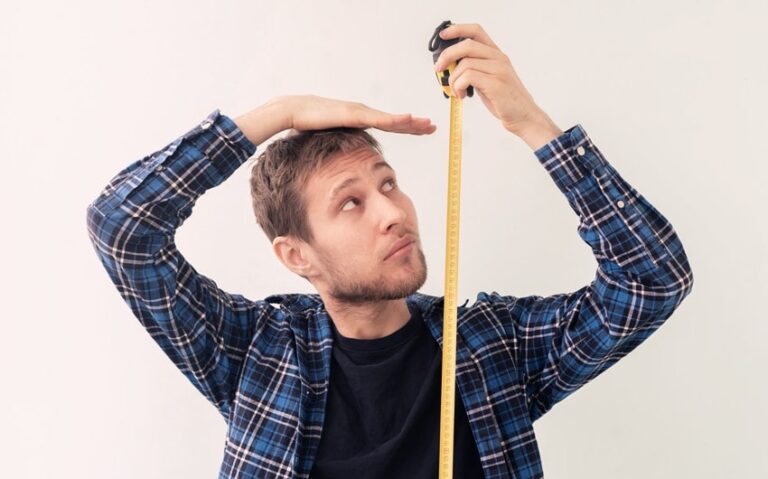How to Move On from a Relationship Without Losing Yourself in the Process
It’s over. Whether it ended in heartbreak, relief, confusion, or silence—you’re left standing in the aftermath, wondering how to move on from a relationship that once meant everything. The truth is, there’s no shortcut. But there is a way through. And it begins with reclaiming your own story, piece by piece.
1. Let Yourself Feel Everything (Even the Ugly Parts)
At first, the feelings might come in waves—shock, anger, sadness, even moments of strange calm. Let them. Don’t rush to “be okay.” If you skip grief, it doesn’t disappear—it just hides, waiting to resurface later.
- Journal it out, no matter how messy it sounds.
- Talk to someone who doesn’t try to fix it—just listens.
- Cry if you need to. Laugh unexpectedly. Feel it all.
This isn’t weakness. It’s healing in real time.
2. Break the Myth of Closure
You might feel like you need answers—“why did this happen?” or “what could I have done differently?”—to move on. But closure doesn’t always arrive in a tidy explanation. Sometimes, it’s not a final conversation. It’s choosing to stop waiting for one.
Closure is something you give yourself when you stop needing someone else’s permission to heal.
3. Set Boundaries with Memory
Memories will show up everywhere—in songs, places, habits, dreams. You can’t erase the past, but you can decide how you let it live in the present.
- Remove things that reopen wounds: old texts, photos, saved gifts.
- Resist the urge to stalk their social media “just to check.”
- Change your space if you need to. Even small shifts help.
This isn’t pretending it never happened. It’s making space for what comes next.
4. Rewrite the Narrative
At some point, you’ll catch yourself replaying everything: the good times, the red flags, the “what ifs.” That’s normal. But here’s the part no one tells you—you get to choose the story you tell yourself.
Instead of “I wasted years,” try “I learned what I deserve.” Instead of “They broke me,” try “I found strength I didn’t know I had.”
You’re not erasing the truth. You’re reframing it to reflect your growth.
5. Rebuild a Life That’s Just Yours
Sometimes, you lose parts of yourself in a relationship without realizing it. Now’s the time to rediscover who you are, without their influence.
- Pick up hobbies you left behind.
- Try new routines, new people, new challenges.
- Fall in love with your own company again.
It’s not about being “over them.” It’s about becoming more of you.
6. Be Gentle When Triggers Appear
Even months later, something might catch you off guard. A scent. A phrase. A date. Don’t use it as evidence that you’re not healing—use it as a moment of compassion. Healing isn’t linear. You’re allowed to revisit grief without starting over.
7. Don’t Rush to “Replace” the Relationship
It’s tempting to distract yourself with attention or affection, to fill the silence with someone new. But rebound connections rarely heal—they just delay the pain. Focus on building inner stability before seeking external validation.
When you love yourself enough to be alone, you become ready to love someone in a healthy way again.
8. Reach for Support Without Shame
There’s strength in asking for help. Whether it’s therapy, support groups, or just a close friend—you don’t have to navigate this alone. Healing in community reminds you: heartbreak may be universal, but so is resilience.
9. Create New Joy
You don’t have to wait until you’re fully healed to start enjoying life. Little by little, start collecting moments of lightness. A good meal. A walk in fresh air. A spontaneous laugh with someone unexpected. These don’t erase pain—they balance it.
10. Trust That You Will Feel Whole Again
Right now, it might feel impossible to imagine a life that doesn’t hurt. But one day you’ll notice the ache is softer. The weight is lighter. You’ll think about them less, or differently. And eventually, without realizing it, you’ll stop looking backward and start moving forward—for real.
Final Thought
Moving on from a relationship isn’t about forgetting. It’s about forgiving yourself for what didn’t work, honoring what you felt, and choosing to grow from it. The version of you on the other side of this? Stronger, wiser, and more whole than you’ve ever been.
You’re not starting over. You’re starting again—with more clarity, more courage, and more love for yourself than you had before.






